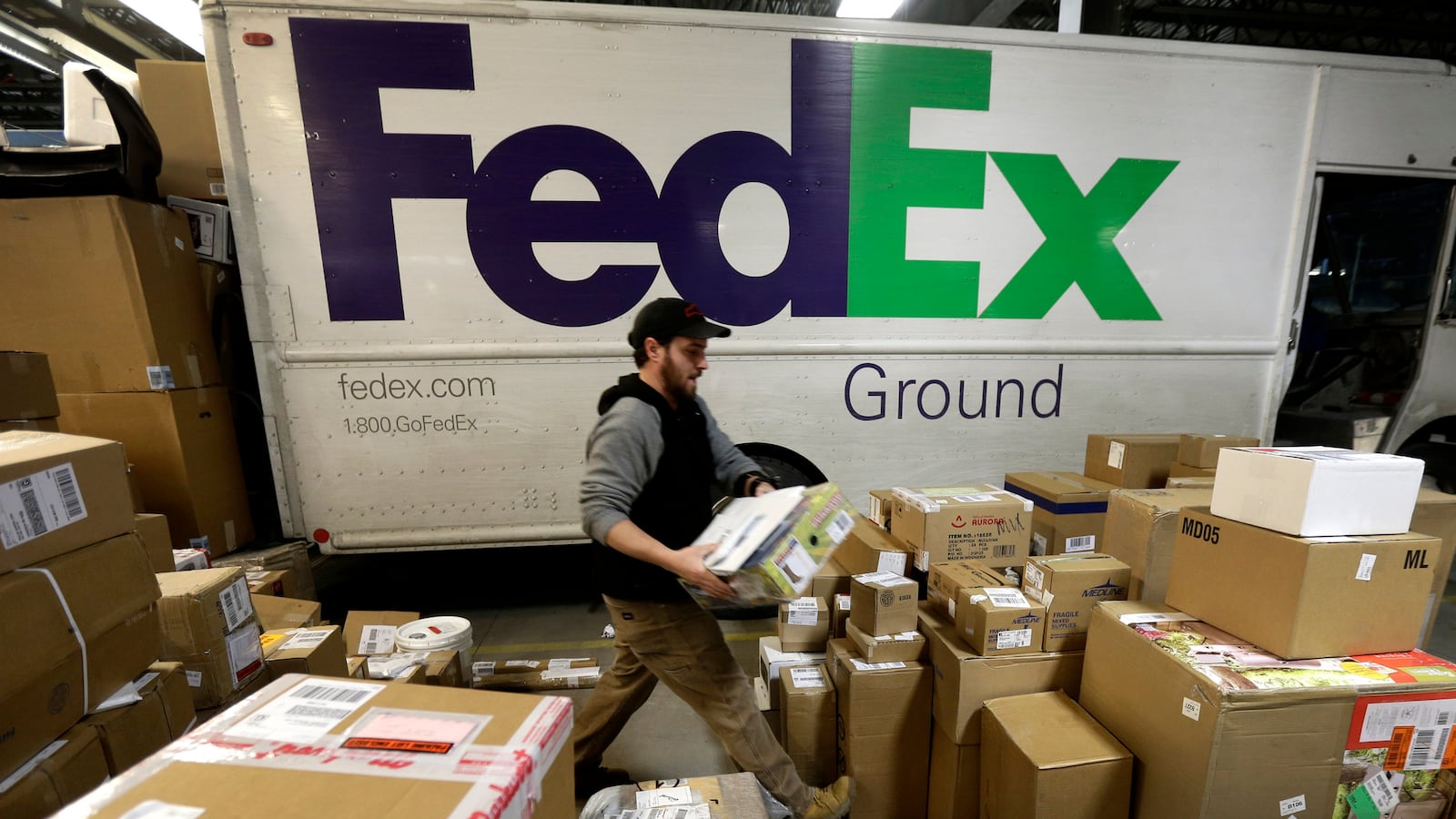This was a strange holiday shopping season. There’s disappointment among the bricks-and-mortar retailers who saw traffic fall, and even more for those last-minute online shoppers who had to explain some empty spots under the Christmas tree.

In theory, this should have been one of the best seasons in recent memory. The economy is growing rapidly. Despite tax increases and the government shutdown and sequester, consumers were buoyed by rising housing prices and an improving jobs market. A year ago, Americans were dealing with the prospect of the fiscal cliff and great uncertainty. This December, by contrast, the data flow for the final weeks of the year has been relentlessly upbeat.
But the early returns have been less than encouraging. A survey commissioned by the National Retail Federation found that the amount spent on Black Friday weekend fell 2.3 percent from 2012. According to MasterCard, which tallies actual activity at cash registers, sales for the weeks between Nov. 1 and Dec. 24 were up 2.3 percent from the year before. That’s decent, but it’s still below the increases that retail sales have been enjoying.
One likely reason for the gloomy numbers: Much of the romance, fun, and joy has been wrung out of the Christmas shopping experience. Desperate to get a head-start on the season, stores have been pushing Black Friday sales into Thanksgiving Day. The aggressive come-ons lure crowds that can turn violent and frenzied. The mood is often more dark than light, which turns some people off. Difficult weather also turns people away.
At the same time, more goods than ever are available through ecommerce, and more people who came of age on the Internet are starting to have more consuming power. With online sales growing at a 15 percent annual clip—some four times the rate of total retail sales—ecommerce is gaining market share against bricks-and-mortar sales. The convenience is pretty irresistible. For many, it’s become a point of pride to complete holiday shopping without ever having to step foot in a mall or deal with the hassle of finding a parking space in a slushy lot.
Indeed, in the last few weeks, Americans seemed to be making a point not to go to stores. According to ShopperTrak, U.S. store visits in the week ending Dec. 22 were down a stunning 21 percent from a year ago. If that number holds true, it’s possible that 2013 might mark something of a tipping point. Time was, stores that struggled in the first three quarters could rely on floods of customers in the last six weeks to help salvage the year. At some point every December, procrastinators would usually realize they needed to go get a bunch of stuff for the people on their lists—and nothing offers immediate gratification like a mall. This year, it seems that even the last-minute and impulse buyers were turning to Amazon.com and the Internet to get their late-season shopping done.
Yet just as some bricks-and-mortar retailers may have alienated customers by pushing Black Friday ever earlier, online retailers may angered just as many by edging the shopping season ever closer to Christmas.
In their earliest days, ecommerce companies encouraged—even required—shoppers to complete their purchases well in advance of the holiday. Otherwise, they’d have difficulty guaranteeing the goods would get there in time.
But Amazon has set a new standard for quick delivery, and is pushing the envelope with same-day service in some markets. Others have followed suit. And this year, the ecommerce complex realized it could steal some additional sales from bricks-and-mortar rivals by promising customers they could order stuff as late as Dec. 23 for delivery by Christmas.
Today’s tech giants have great faith in their ability to construct and manage complex systems. But the tremendous success they’ve had in constructing highly efficient logistics and delivery methods may have led to hubristic promises. Plenty of consumers took advantage of the late-shopping offers, but it’s always dangerous to try to push an inordinately large number of goods through a delivery system in late December. The weather can wreak havoc with transportation networks. Lots of people go on vacation. Rapidly expanding volume can overwhelm the infrastructure that’s in place. And when frustrated consumers go to complain, they often find that there aren’t sufficient resources available to help. That seems to be what happened this year. There are legions of stories about people who didn’t get the presents they ordered late in the game. And so instead of sipping eggnog, UPS, Federal Express, and many of the e-tailers that rely on them were wiping egg of their face on Christmas Day.
Unless Amazon is able to roll out its army of delivery drones by December 2014, it’s quite possible late Christmas shoppers will start completing their lists the way they did in the last millennium—by going to the mall.




